Leading the Change for a Greener Future
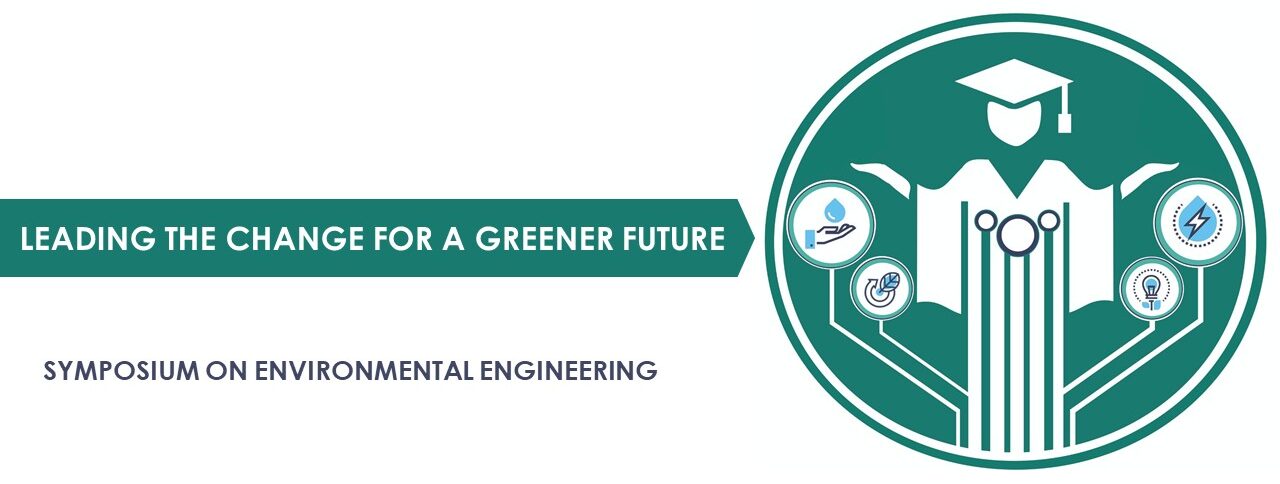
The Symposium on Environmental Engineering, part of the 6th Doctoral Congress in Engineering (DCE25), will take place at FEUP, Porto, Portugal, on June 30th and 1st of July 2025.
This Symposium is organized by PhD students of the Doctoral Program in Environmental Engineering (PDEA) at FEUP, with the support of the Associate Laboratory ALiCE (integrating the R&D Units LEPABE, LSRE-LCM and CEFT) and CERENA.






The Symposium Organizing Committee is pleased to invite everyone interested in expanding and sharing their knowledge and expertise in the field of environmental engineering to submit their work. This invitation is open to PhD and MSc students, as well as other researchers and professionals in this field.
Topics for submission include (but are not limited to):
- Water and Wastewater: New Directives, New Opportunities, New Challenges
- Waste Management: Towards New Approaches
- Clean Air and Energy: Becoming Accessible for All
- Sustainability and Innovation: Seeking a New Future
Submissions
Format: Oral or poster communications.
Communications
Oral communication:
- Prepare a PowerPoint presentation to support your talk.
- An editable PowerPoint template will be available soon.
- Language: Presentations and slides must be in English.
Poster communication:
- The poster exhibition will be held in FEUP’s B Corridor, where posters will be displayed on the corridor windows.
- Posters should be formatted in portrait mode, size A1 (841 mm height × 594 mm width).
- Language: Posters must be in English.
- An editable poster template will be available soon.
Awards
Authors of accepted abstracts presented at the Congress will be eligible for the Best Oral and Best Poster Communication Awards.
Publications
All accepted abstracts, with at least one author registered in the Congress with a paid fee, will be included in the event’s program and the Symposium Book of Abstracts.
Symposium Committees
Symposium Chairs:
- Sofia Isabel Vieira de Sousa, FEUP
- Vítor Jorge Pais Vilar, FEUP
Symposium Organizing Committee:
- Adrián Manuel Tavares da Silva, FEUP
- Cristina Maria Monteiro dos Santos, FEUP
- Joana Maia Moreira Dias, FEUP
- Maria Cristina da Costa Vila, FEUP
- Maria de Lurdes Proença de Amorim Dinis, FEUP
- Sofia Isabel Vieira de Sousa, FEUP
- Vítor Jorge Pais Vilar, FEUP
- Ana Catarina Torres da Silva, PhD Student PDEA, FEUP
- Carla de Sousa Santos, PhD Student PDEA, FEUP
- Filipe Moisés da Mota Francisco, PhD Student PDEA, FEUP
- Inês Nunes Rodrigues, PhD Student PDEA, FEUP
- Inês Magalhães Rodrigues, PhD Student PDEA, FEUP
- Juliana Pinheiro de Sá, PhD Student PDEA, FEUP
- Orleane Souza Brito, PhD Student PDEA, FEUP
- Luiza Maria Gomes de Sena, PhD Student PDEA, FEUP
- Miguel Ângelo Pereira da Costa, PhD Student PDEA, FEUP
Symposium Scientific Committee:
- Adélio Miguel Magalhães Mendes, FEUP
- Adrián Manuel Tavares da Silva, FEUP
- Alexandre Filipe Porfírio Ferreira, FEUP
- Ana Alexandra da Silva Pereira, FEUP
- Ana Isabel de Emílio Gomes, FEUP
- Ana Margarida Gorito Gonçalves, FEUP
- Ana Rita Lado Teixeira Ribeiro, FEUP
- André Tiago Torres Pinto, FEUP
- Belmira de Almeida Ferreira Neto, FEUP
- Carla Alexandra Orge Fonseca, FEUP
- Carmen Susana de Deus Rodrigues, FEUP
- Catarina da Rocha Cruzeiro, FEUP
- Cátia Alexandra Leça Graça, FEUP
- Cidália Maria de Sousa Botelho, FEUP
- Cláudia Sofia Castro Gomes da Silva, FEUP
- Cláudio da Silva Rocha, FEUP
- Cristina Maria Monteiro dos Santos, FEUP
- Helena Maria Vieira Monteiro Soares, FEUP
- Inês Bezerra Gomes, FEUP
- Joana Maia Moreira Dias, FEUP
- Joaquim Luís Faria, FEUP
- José Carlos Magalhães Pires, FEUP
- Liliana Marques Martelo, FEUP
- Lúcia Maria da Silveira Santos, FEUP
- Luís Miguel Palma Madeira, FEUP
- Manuel Fernando Ribeiro Pereira, FEUP
- Manuel José Vieira Simões, FEUP
- Margarida Maria da Silva Monteiro Bastos, FEUP
- Maria Arminda Costa Alves, FEUP
- Maria Cristina da Costa Vila, FEUP
- Maria de Lurdes Proença de Amorim Dinis, FEUP
- Maria Francisca da Costa Moreira, FEUP
- Maria José Fernandes Sampaio, FEUP
- Marta Sofia Oliveira Barbosa, FEUP
- Miguel Angel Soria, FEUP
- Nuno Miguel Ratola Neto, FEUP
- Olga Cristina Pastor Nunes, FEUP
- Olívia Salomé Gonçalves Pinto Soares, FEUP
- Paula Manuela Monteiro Pereira Costa Dias, FEUP
- Paulo Jorge Rosa Santos, FEUP
- Pedro Tiago Barbosa da Silva Branco, FEUP
- Ricardo Jorge Nogueira dos Santos, FEUP
- Sofia Isabel Vieira de Sousa, FEUP
- Tânia Filomena Castro Valente Silva, FEUP
- Tânia Sofia Teixeira Lopes, FEUP
- Vera Maria Ferreira da Cruz Homem, FEUP
- Vítor Jorge Pais Vilar, FEUP
Contact: up201605702@edu.fe.up.pt (Ana Silva)
Local: Room B032
Date: Monday, June 30th, 2025 | 15h30-16h30
Round Table – Navigating Water Sector Challenges: Insights from Utilities and Industry
Join us for a dynamic round table discussion on how innovation, regulation, and sustainability are driving the transformation of the water sector. This session brings together leading voices from utilities, industry, and technology developers to address some of the most pressing challenges in water and wastewater management. Representatives from VentilAQUA, AST, Águas de Gaia and Lutz-Jesco will share valuable insights drawn from the industrial water treatment, environmental consultancy, and technological development. Through case studies, personal journeys, and practical applications, we’ll explore how companies are responding to new EU legislation, embracing circular economy principles, and aligning with global environmental goals. From advanced disinfection systems to nature-based solutions, this conversation will illustrate how the water sector is evolving and what it takes to lead that transformation.
Don’t miss this opportunity to connect with experts at the forefront of water innovation and explore how collaboration between academia and industry can shape the future of intelligent water management.
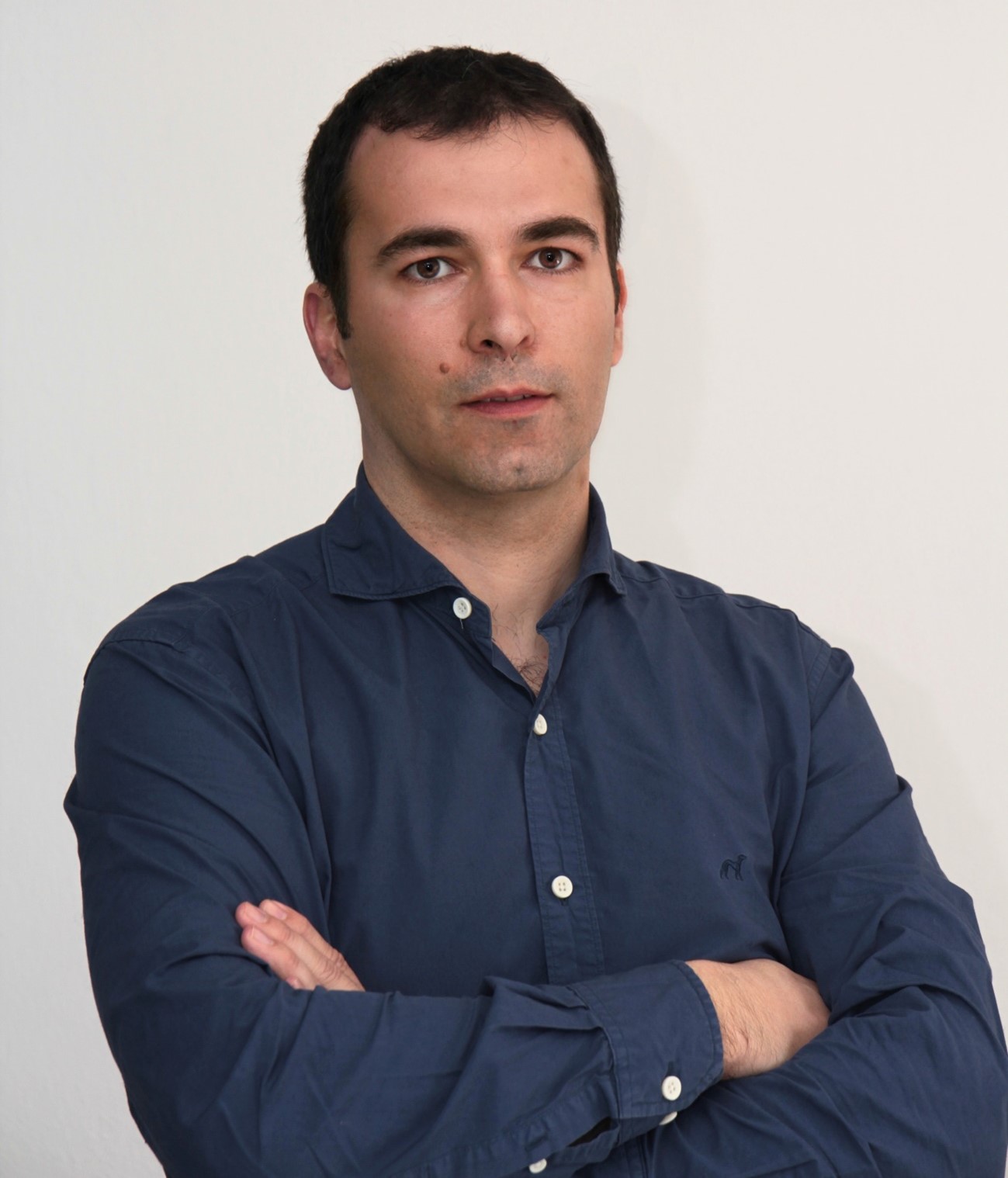
António Rodrigues
R&D Manager, VentilAQUA
Challenges in the Water Sector: Wastewater, Innovation, and Technology
The presentation “Challenges in the Water Sector: Wastewater, Innovation, and Technology” will address the key challenges facing the water sector, from increasing pressure on water resources to tightening regulatory and environmental requirements. It will explore the evolution of innovative technological solutions, with particular focus on the complementary roles of industry and academia in developing effective responses. Drawing on the experience of VentilAQUA and its national and international academic collaborations, the presentation will showcase concrete examples of how knowledge transfer and collaborative innovation can transform research into applied and industrialized solutions with tangible, measurable impact.
Biography
António Rodrigues holds a degree in Chemical Engineering from the University of Coimbra and joined VentilAQUA at the end of 2006, a company operating in the field of industrial wastewater treatment and valorization. Initially working in a technical on-site role, he gained experience and insights that enabled him to develop new products and processes aimed at addressing gaps in the water sector market. He is currently the Innovation Manager at VentilAQUA, leading innovation projects with a strong focus on balancing fundamental research with industrial application, thereby driving value creation.
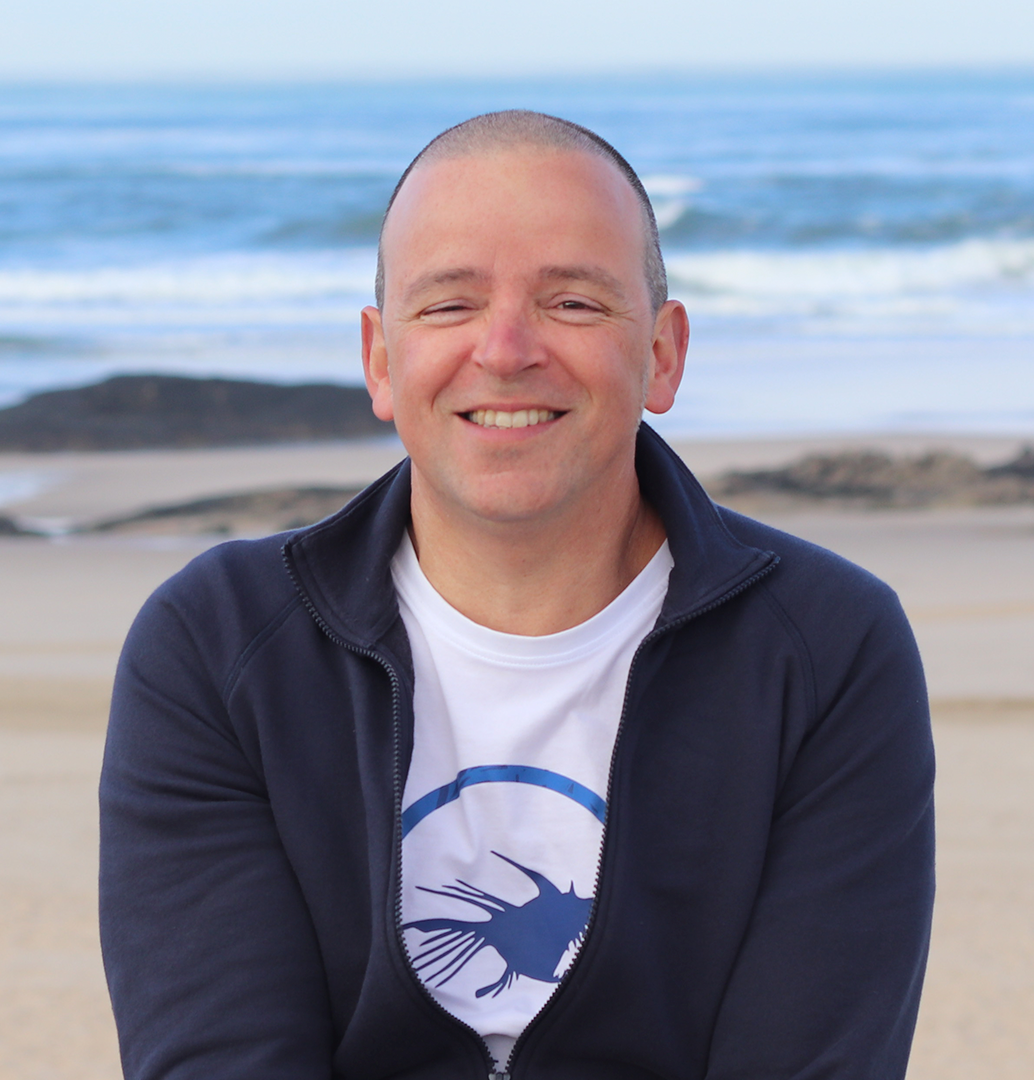
Ruben Jorge
Co-Founder & Chief Scientist, AST | WeDoTech | CarbonBlue
At AST, we’ve focused on engineered solutions for complex waters, with special emphasis on leachate treatment units that combine multiple membrane technologies. This presentation highlights our progress in tackling micropollutants, particularly pharmaceuticals, water reuse strategies, nutrient recovery and PFAS removal together with enabling critical partnerships and skilled human resources, which reflects AST’s commitment to anticipating the next generation of environmental challenges.
Biography
Ruben’s portfolio includes several technology-based business projects he has founded and currently leads, whose common goal is to provide the market with innovative solutions/technologies capable of responding to increasingly current sustainability trends: Circularity, Digitalisation & Neutrality. After graduating in Microbiology from ESB-UCP (1996), he continued his academic training in London at Imperial College, where he obtained a PhD in Chemical Engineering (2000), focusing on the optimisation of biotechnologies under dynamic treatment conditions. He pursued his research career through postdoctoral work (2001–2006) carried out between London (Imperial College) and Porto (ESB-UCP). In 2006, he founded WEDOTECH – a specialised technical consultancy company nationally recognised for its Research, Development and Innovation activities in the Agro-Food, Water and Environment, and Blue Economy sectors, among others. In 2023, he co-founded CarbonBlue, an impact-driven blue economy company developing innovative solutions focused on the conservation and sustainable use of wild macroalgal resources.
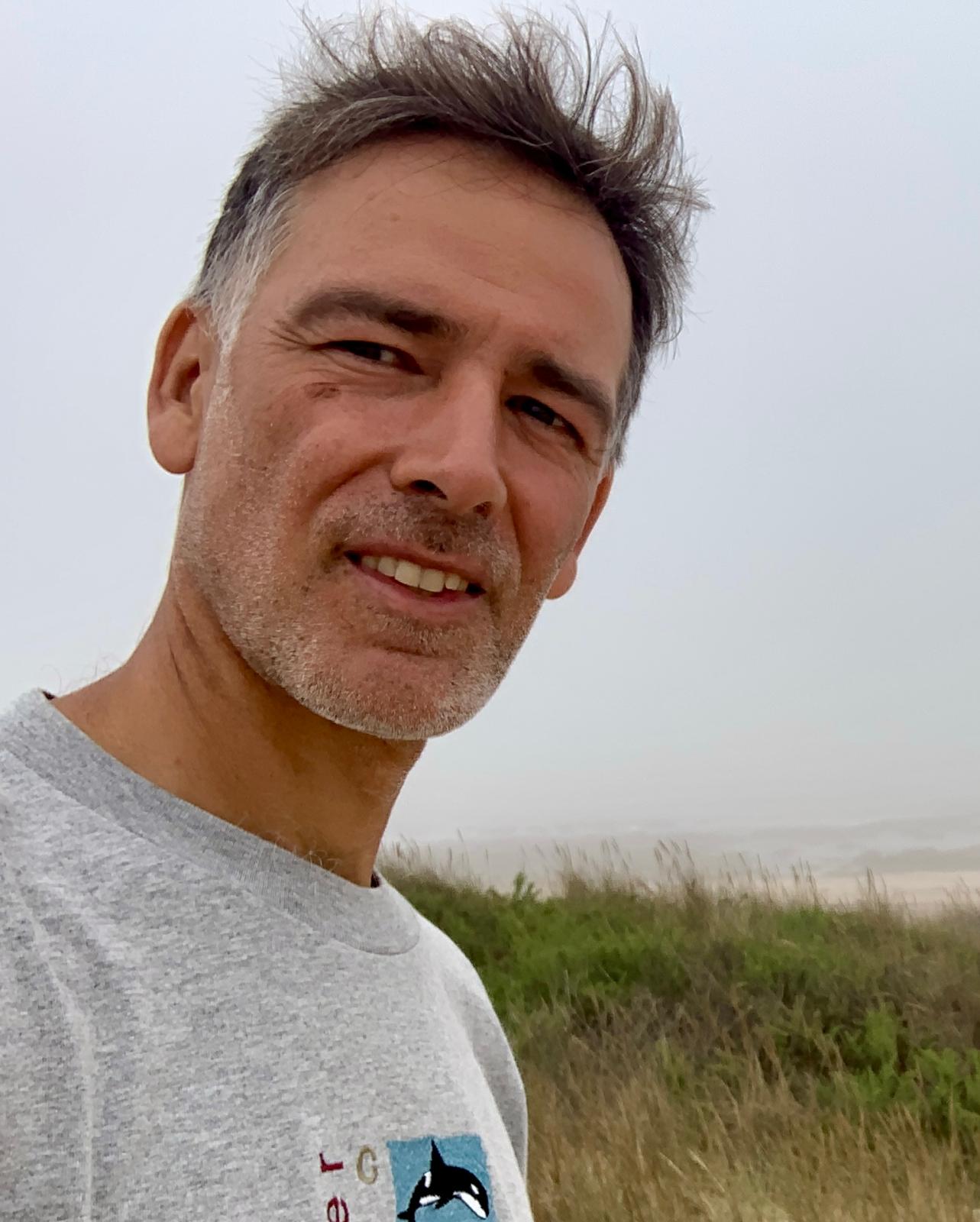
Miguel Leal
Senior Technician (Biologist, M.Sc.), Direcção de Águas Pluviais e Ambiente de Águas de Gaia, E.M.S.A.
Closing the Loop: Intelligent Water Use Across Urban and Natural Systems
This presentation explores intelligent water use within the urban and natural water cycles, with a focus on rainwater harvesting and sustainable management. It highlights the challenges and opportunities of integrating stormwater into city systems through nature-based solutions. Using Vila Nova de Gaia as a case study, it showcases real-world applications that enhance resilience and resource efficiency. The approach aligns with circular economy principles and climate adaptation strategies. It advocates for cities that work with, not against, the natural water cycle.
Biography
Biologist with a B.Sc. in Aquatic Sciences by the Instituto de Ciências Biomédicas de Abel Salazar, University of Porto, post-graduated in Spatial Planning by Fernando Pessoa University; and M.Sc. in Forestry Resources Management by the University of Trás-os-Montes e Alto Douro. Did scientific research at the University of British Columbia, Vancouver, Canada, and worked for Parks Canada (Glacier National Park, British Columbia, Canada). Environmental Educator at the Centro de Educação Ambiental das Ribeiras de Gaia, Vila Nova de Gaia.
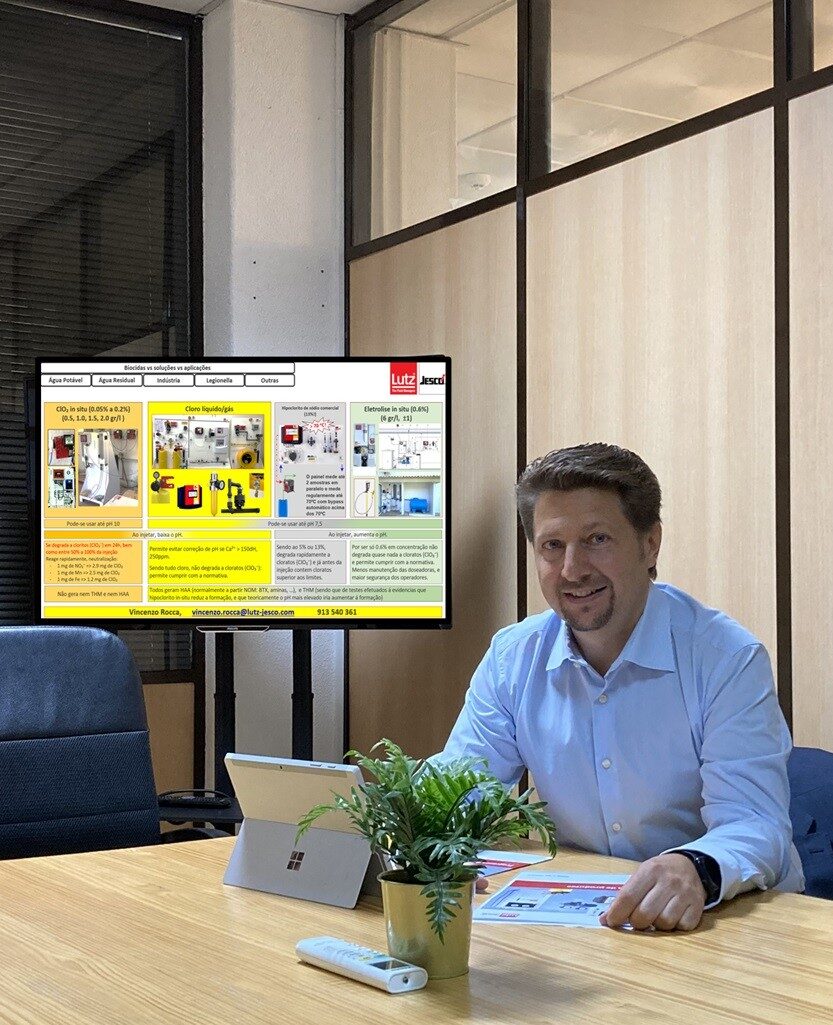
Vincenzo Rocca
Areas Sales Manager, Lutz-Jesco
Legislation in Portugal, and Best in Class Solutions to Disinfect Lowering Operational Cost and Bioproducts in Drinking Water System
Legislation in EU has now become more demanding, Portugal is adapting to new legislation (69/2023) and aim of this presentation is to explain key point of disinfection, biocides, and technologies. Thus, allow consultants and user to design and operate in respect of 69/2023, in the best possible way (securely, safely, economically).
Biography
Graduated in Process Chemical Engineering in Italy, member of the Engineering Order association in Portugal (OE, 51231), specialist in water treatment and disinfection solutions. He is involved in several training sessions related to water treatment, and Legionella, in OE among others, in the new CS04 (next press release is expected by end of 2025), others. After a long experience in R&D and process in industrial groups as Pirelli, Tupperware, and others, since 2010 he is experienced the water treatment sector: Regional responsible for disinfection in Grundfos, coordinating Europe, Africa, the Middle East and Russia; Regional responsible for on-line spectrometry in drinking water quality in s::can, for Portugal, Baltic, Balkans, Central-Eastern Europe, Russia, Brazil, Israel. Since 2023, responsible for Lutz-Jesco in Portugal. A German group with cutting-edge technology for chemical pumping and water disinfection systems. He is consolidating group presence in Portugal and Spain, sharing innovative solutions and technologies.
Local: Room B032
Date: Monday, June 30th, 2025 | 17h00-18h30
Urban Wastewater: New Directive, New Opportunities, New Challenges
This session will feature expert perspectives from Nuno Brôco of Águas do Tejo Atlântico, Daniel Ettlin of UNICAM Sistemas Analíticos, and Professor Félix Hernandez from the Research Institute for Pesticides and Water (University Jaume I), highlighting how different sectors are preparing for the new directive, emerging opportunities, and key challenges in the urban wastewater management. The session will also include four oral communications by PhD students/researchers, offering fresh insights and innovative research on the topic.
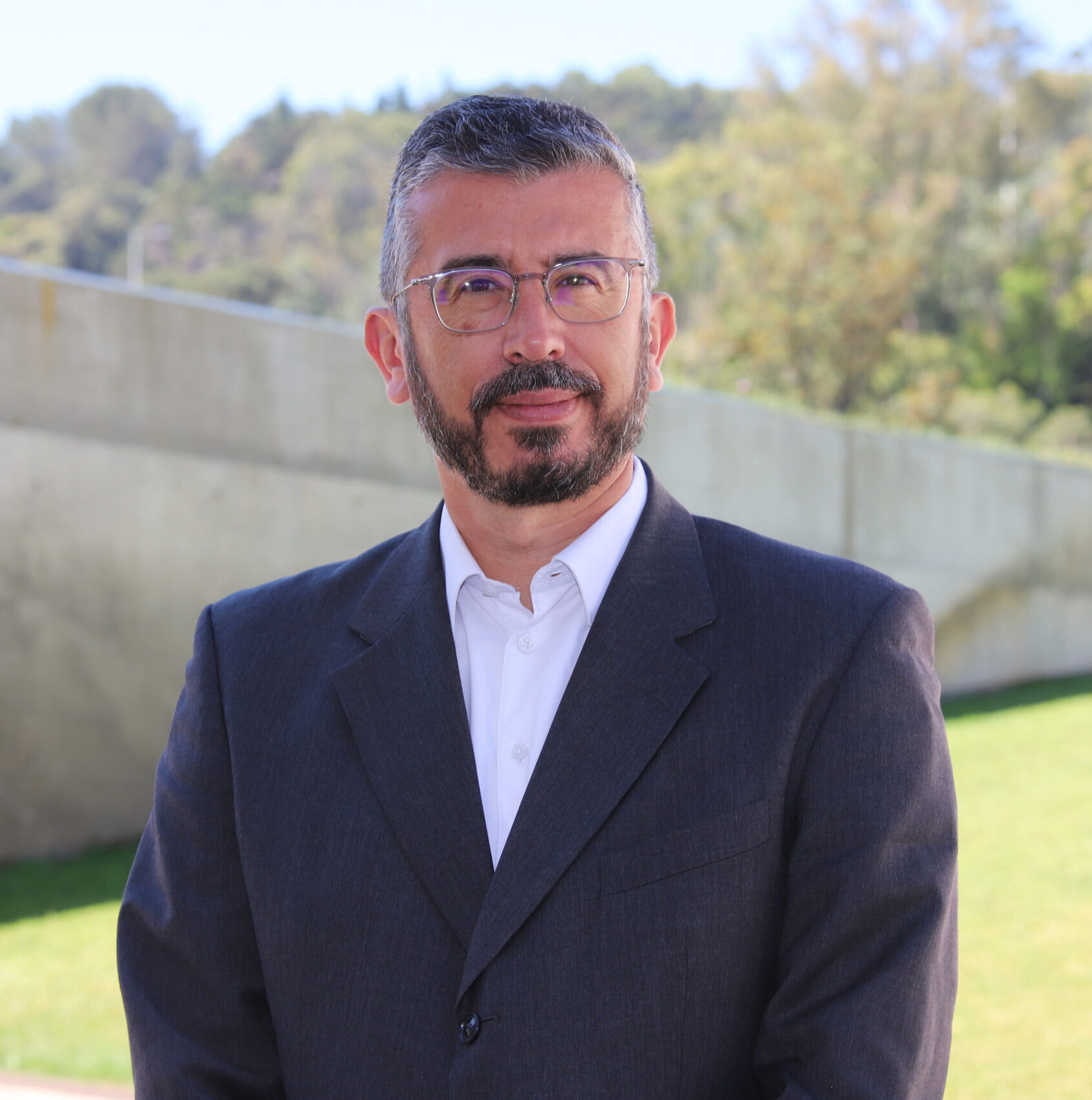
Nuno Brôco
Chairman & CEO, Águas do Tejo Atlântico
Urban Wastewater Directive Revision: Evolution or revolution?
The new revision of the Urban Wastewater Directive aims to strengthen the regulation of wastewater treatment across the EU by setting stricter limits on pollutant discharge and expanding the scope to cover more urban areas and sensitive ecosystems. This revision presents significant challenges for wastewater utilities, including the need for upgrading infrastructure to meet tighter standards, increased operational costs, and the integration of advanced treatment technologies. Additionally, utilities must improve monitoring and reporting systems while balancing sustainability goals and regulatory compliance, all within often limited budgets and evolving climate conditions.
Biography
Nuno Brôco is the Executive Chairman of Águas do Tejo Atlântico, the AdP group largest company on wastewater management. He’s also Vice President of Water Europe. Previously he was Chairman and CEO of AdP VALOR, the AdP Group company responsible to foster innovation, digital transition and circular economy. During 11 years he has been Head of the Engineering Department of Águas de Portugal Group shared Services Company, promoting partnerships with academia, public utilities and the private sector, applications to both national and international founding instruments and coordinating several R&D projects. He starts his career with SUEZ Group, as specialist in water and wastewater treatment processes, then as Head of the Degrémont Portugal Production Department and finally as Degrémont Iberia Country Manager for Portugal.
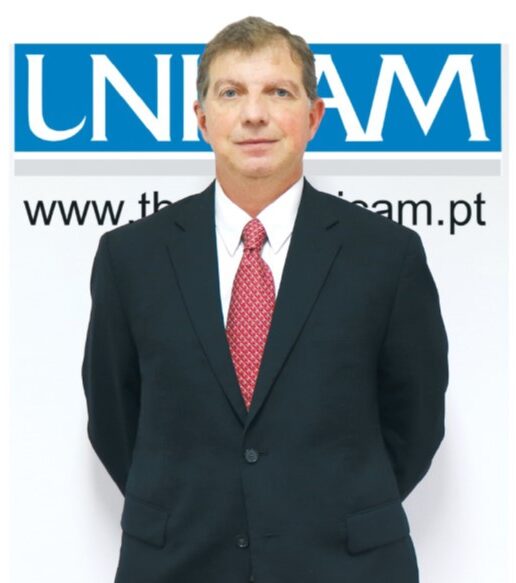
Daniel Ettlin
General Manager – CEO, Unicam Sistemas Analíticos
We will outline state-of-the-art technologies to enable the detection, characterization, and quantification of both known and unknown pollutants, in order to empower regulators, researchers, and industries with actionable data to support protection and remediation.
About Microplastics, utilizing Micro-FTIR (Fourier Transform Infrared) imaging technology, we provide a powerful solution for the automated identification, classification, and quantification of microplastic particles down to 10 µm in size, on a simple to use designed workflow.
In parallel, we address the global concern surrounding PFAS, referred to as “forever chemicals”. Using triple quadrupole LC-MS/MS, we instroduce a validated workflow for the targeted analysis of regulated PFAS compounds in complex environmental matrices. But beyond regulated pollutants, environmental systems are being contaminated with unknown or new-generation chemicals. To confront this challenge, we leverage Orbitrap-based high-resolution mass spectrometry for non-targeted screening and suspect analysis. The Orbitrap platform provides exceptional mass accuracy, resolution, and dynamic range, allowing researchers to discover and characterize previously unmonitored contaminants. This includes the identification of transformation products, new industrial chemicals, and emerging threats before they become widespread. Furthermore, we address Persistent Organic Pollutants (POPs) such as polychlorinated biphenyls (PCBs), polycyclic aromatic hydrocarbons (PAHs), and dioxins, which continue to pose environmental and health risks decades after their use has ceased. Advanced GC- and LC-Orbitrap methods are employed to ensure both targeted and non-targeted detection of these highly toxic compounds, supporting both retrospective analysis and real-time surveillance of contamination hotspots.
Finally, the role of heavy metals and metalloid pollutants in environmental degradation and human health risks is analyzed through Inductively Coupled Plasma Mass Spectrometry (ICP-MS). This includes applications in remediation research, where ICP-MS is employed for trace metal quantification, isotopic fingerprinting, and source tracking in soil, sediment, and groundwater. Our approach supports the evaluation of remediation strategies by delivering accurate, high-throughput metal data necessary for risk assessment and regulatory compliance.
This holistic presentation integrates these technologies into a unified environmental control strategy, tailored for both academic research and regulatory implementation. By combining targeted and non-targeted approaches, high-throughput analysis, and molecular-level detection, we present a vision for the future of environmental monitoring—one that is proactive, data-rich, and capable of keeping pace with the evolving landscape of chemical pollution.
Biography
Currently CEO of UNICAM PORTUGAL, he has over 35 years of experience in analytical instrumentation, leading strategic expansion in Portugal, Spain, and Latin America. Known for promoting innovation and operational excellence, he collaborates closely with academia and industry. His deep technical expertise supports consistent growth and a strong company reputation. Passionate about new technologies, he focuses on creating sustainable opportunities across the scientific, academic, and industrial sectors.
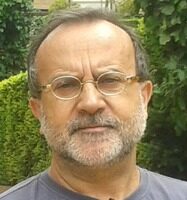
Félix Hernandez
Full Professor, Research Institute for Pesticides and Water, University Jaume I, Castellón, Spain
The occurrence of organic micropollutants (OMPs) in the aquatic environment is a well-established and extensively documented issue. The vast diversity of OMPs, with a broad range of physicochemical properties, together with the presence of numerous transformation products (TPs) and metabolites in environmental matrices, poses a significant analytical challenge for effective monitoring. In this context, chromatography coupled with mass spectrometry (MS) plays a crucial role, offering the sensitivity, selectivity, and structural information required for accurate identification and quantification of these compounds at trace concentration levels. This lecture will present an overview of MS-based analytical strategies for the investigation of OMPs in wastewater, with a particular focus on contaminants of emerging concern (CECs), especially pharmaceuticals and antibiotics. The discussed approaches range from targeted quantitative analysis—typically performed using LC-MS/MS with triple quadrupole instruments—to wide-scope screening strategies involving thousands of OMPs, based on high-resolution mass spectrometry (HRMS) using Orbitrap or QTOF analyzers. Key methodological aspects will be briefly addressed, including the collection of 24-hour composite influent and effluent wastewater samples, as well as the estimation of removal efficiencies in WWTPs, in the context of Directive (EU) 2024/3019 concerning urban wastewater treatment. Furthermore, the importance of applying suitable analytical methodologies in degradation studies—such as those employing advanced oxidation processes (AOPs)—will be highlighted, as they are essential for comprehensive assessments that account for both the removal of parent compounds and the formation of degradation products during the treatment process.
Biography
Full Professor of Analytical Chemistry, coordinator of the Analytical Chemistry and Public Health research group (recognized as a research group of excellence by the Valencian Government), and Director of the Research Institute for Pesticides and Water at the University Jaume I, Castellón, Spain. He also leads the University’s GLP-certified Laboratory of Pesticide Residue Analysis. His research focuses on advanced chromatography–mass spectrometry techniques applied to environmental science, food safety, and toxicology. This includes high-resolution mass spectrometry (HRMS) for wide-scope screening of organic pollutants in water and food, wastewater-based epidemiology, the investigation of metabolites and transformation products of organic micropollutants, illicit drugs and new psychoactive substances, and metabolomics. He has led approximately 60 research projects and numerous industry-funded contracts and has published around 420 ISI-indexed scientific papers (h-index = 81). He has supervised 26 PhD theses and has been invited speaker at over 20 national and international conferences. Among several distinctions, he received the Lifetime Research Achievement Award from the University Jaume I.
Local: Room B032
Date: Tuesday, July 1st, 2025 | 09h00-09h30
Wastewater Treatment
Following the previous day in the water domain, this session will feature three oral communications by PhD students/researchers focusing on innovative research and emerging approaches in wastewater treatment.
Local: Room B032
Date: Tuesday, July 1st, 2025 | 09h30-10h30
Circular Economy
Session IV will turn the spotlight on circular economy strategies, focusing on how policy and innovation are redesigning waste management systems for a more sustainable future. This session will feature an interesting intervention by Marta Carvalho from Ponto Verde Serviços, as well as four oral communications by PhD students/researchers, presenting innovative research that explores new pathways to circularity and sustainable resource management.
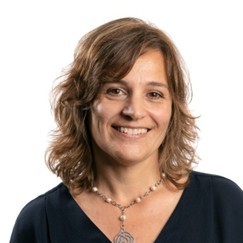
Marta Carvalho
Business Development Manager, Ponto Verde Serviços – BCSD Portugal
EPR to Emerging Waste Streams: The Case of RECAPS
This presentation explores the application of Extended Producer Responsibility (EPR) to new waste streams. It highlights the regulatory context and emerging obligations for producers under the evolving EPR framework. As a practical example, the RECAPS initiative is presented, showcasing effective practices in the collection and valorisation of used coffee capsules in Portugal.
Biography
With 25 years of experience in environmental and corporate sustainability and sustainable innovation, Marta has been responsible for leading and implementing strategies and projects aligned with international, European, and national commitments towards a more prosperous future for all.
She holds a Master’s degree in Hydraulics and Water Resources and a Bachelor’s degree in Environmental Engineering from Instituto Superior Técnico, as well as advanced training in sustainable finance from Nova SBE and negotiation from Universidade Católica Portuguesa.
She currently holds a management position at Ponto Verde Serviços, a consultancy firm specialising in sustainability and ESG, and is also a mentor and trainer in innovation for competitiveness within the Nova SBE Voice initiative.
Local: Room B032
Date: Tuesday, July 1st, 2025 | 11h00-11h45
Sustainable Energy and Clean Air
This session explores the topic of clean energy innovation and air quality, highlighting the importance of bringing together academia and industry to shape a low-carbon future. Marcelo Costa from CoLAB Net4CO2 will present industrial disruptive technologies to achieve this goal. To complement this perspective, the session will also include three oral communications by PhD students/researchers, presenting their research in the fields of sustainable energy systems and/or air quality.
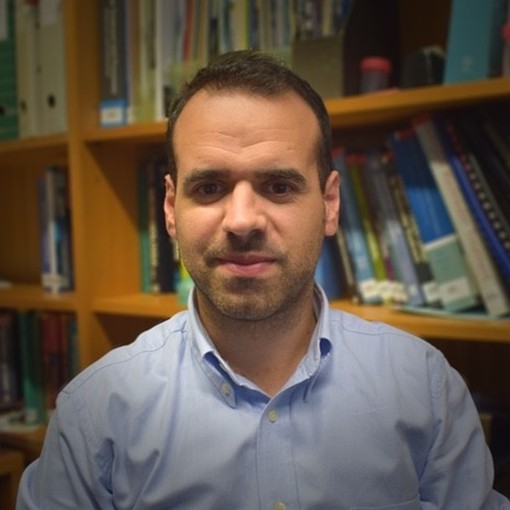
Marcelo Costa
Chief Technology Officer, CoLAB Net4CO2
Pioneering CCUS Technologies at Net4CO2: The Strategic Role of PhDs in Research and Development
Net4CO2 is a Collaborative Laboratory and R&D organization committed to developing sustainable industrial solutions that support the European Green Deal’s goal of climate neutrality by 2050. Our mission is to drive innovation from science to market by advancing competitive and disruptive technologies for CO2 capture, utilization, and storage. A core pillar of this mission is strengthening the connection between academic research and industrial application, ensuring that fundamental research translates into real-world impact. At Net4CO2, highly qualified PhD researchers play a pivotal role—not only conducting research but also leading the development of proprietary technologies. This approach stimulates innovation, accelerates technological breakthroughs, and strengthens the link between academic rigor and industrial applicability, positioning Net4CO2 as a key player in the sustainable transformation of energy and industrial systems.
Biography
Marcelo Costa is the Chief Technology Officer (CTO) at CoLAB Net4CO2, where he leads the development of cutting-edge decarbonization technologies. He holds a PhD in Chemical and Biological Engineering from the University of Porto (2017), with a thesis focused on carbon capture using hydrate-based and NetMIX technologies. Following a postdoctoral position at LSRE-LCM, he joined CoLAB Net4CO2 as Team Leader of the CO₂ Capture Team. After five years in that role, he was appointed CTO. Marcelo has authored peer-reviewed publications, presented his work at international conferences, holds international patents, and has supervised several graduate students.
Local: Room B032
Date: Tuesday, July 1st, 2025 | 11h45-12h30
Sustainability and Innovation: Seeking a New Future
The last session relies on how sustainability and innovation can drive meaningful transformation across sectors, with a special focus on tools that support climate goals and resource efficiency. This session features Professor Judite Vieira from PRR Embalagem do Futuro, an expert in environmental sciences and technologies, whose work bridges academic research with practical applications in wastewater treatment, emerging contaminants, and life cycle assessment. In addition to this keynote, the session will feature three oral presentations by PhD students/researchers, presenting research in sustainability assessment, circular design, and environmental innovation.
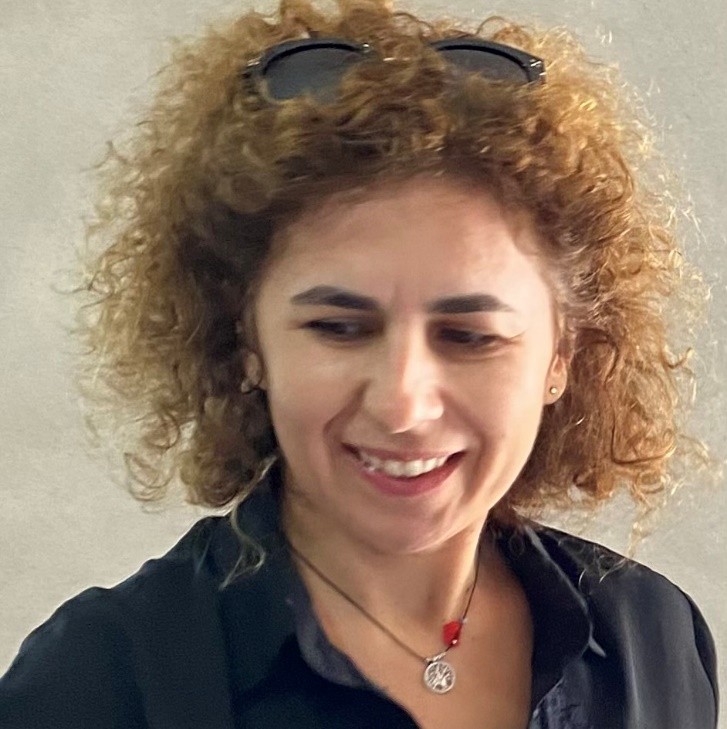
Judite Vieira
Professor and Researcher, PRR Embalagem do Futuro
The CLICAS project is designed to support companies in the packaging sector by providing practical tools and methodologies to meet current decarbonisation, environmental, and sustainability goals. Aligned with the objectives of the European Green Deal, CLICAS emphasises the importance of assessing the life cycle of packaging, considering environmental, economic and social dimensions, and the need to evaluate the environmental impacts associated with packaging products and processes, fostering innovation and informed decision-making across the sector.
Biography
Vieira, J.S., Professor and Researcher in Environmental Sciences and Technologies – wastewater treatment and reuse systems. Author of numerous scientific publications and conference presentations, and supervisor of research fellows, master’s students, and undergraduate students. Active member of the Mobilising Agenda “Packaging of the Future” and the AlgaeTech project, co-promoted by LSRE-LCM, focusing on the monitoring and risk assessment of emerging contaminants in environmental matrices, as well as the life cycle assessment (LCA) of products and processes.
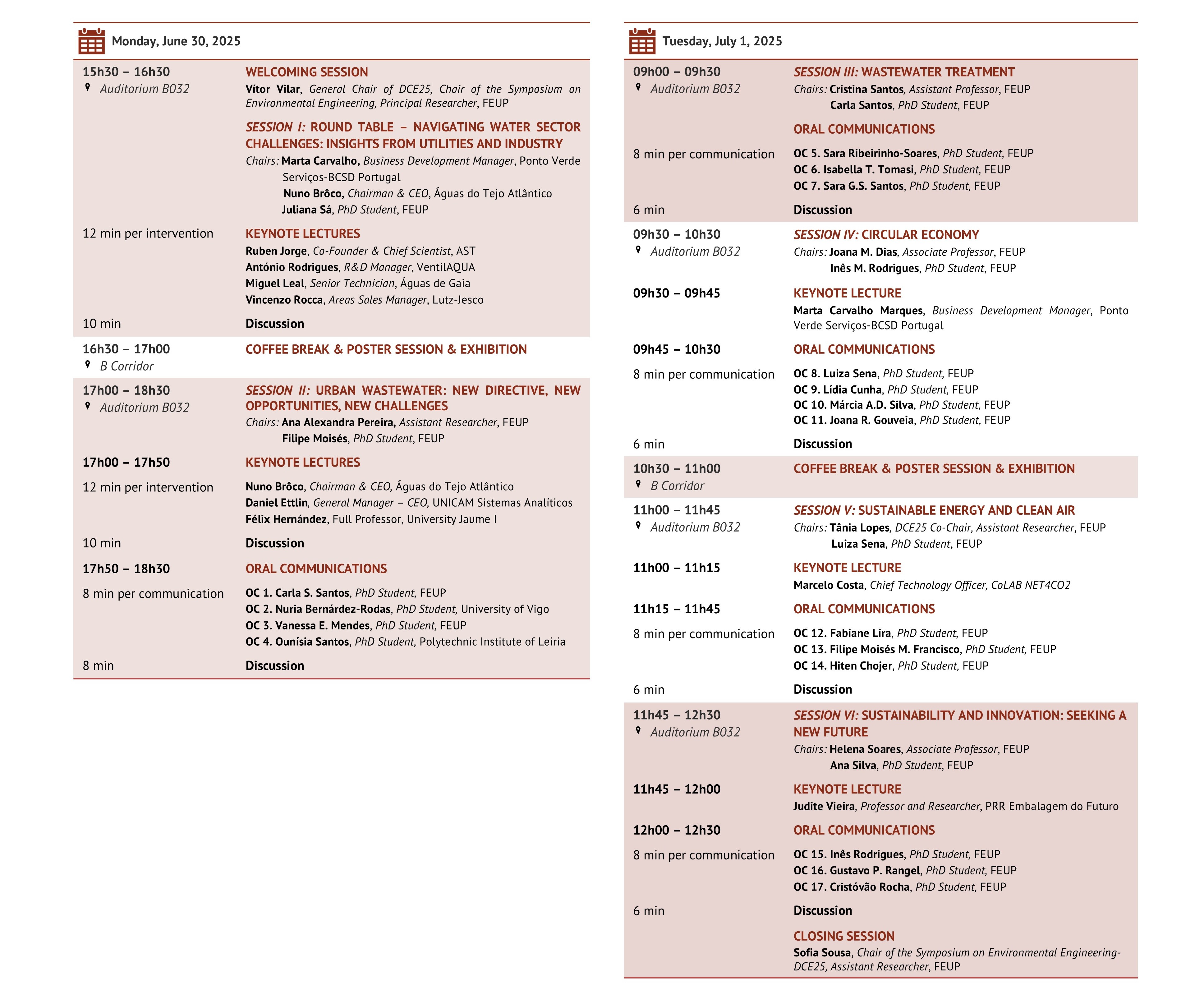
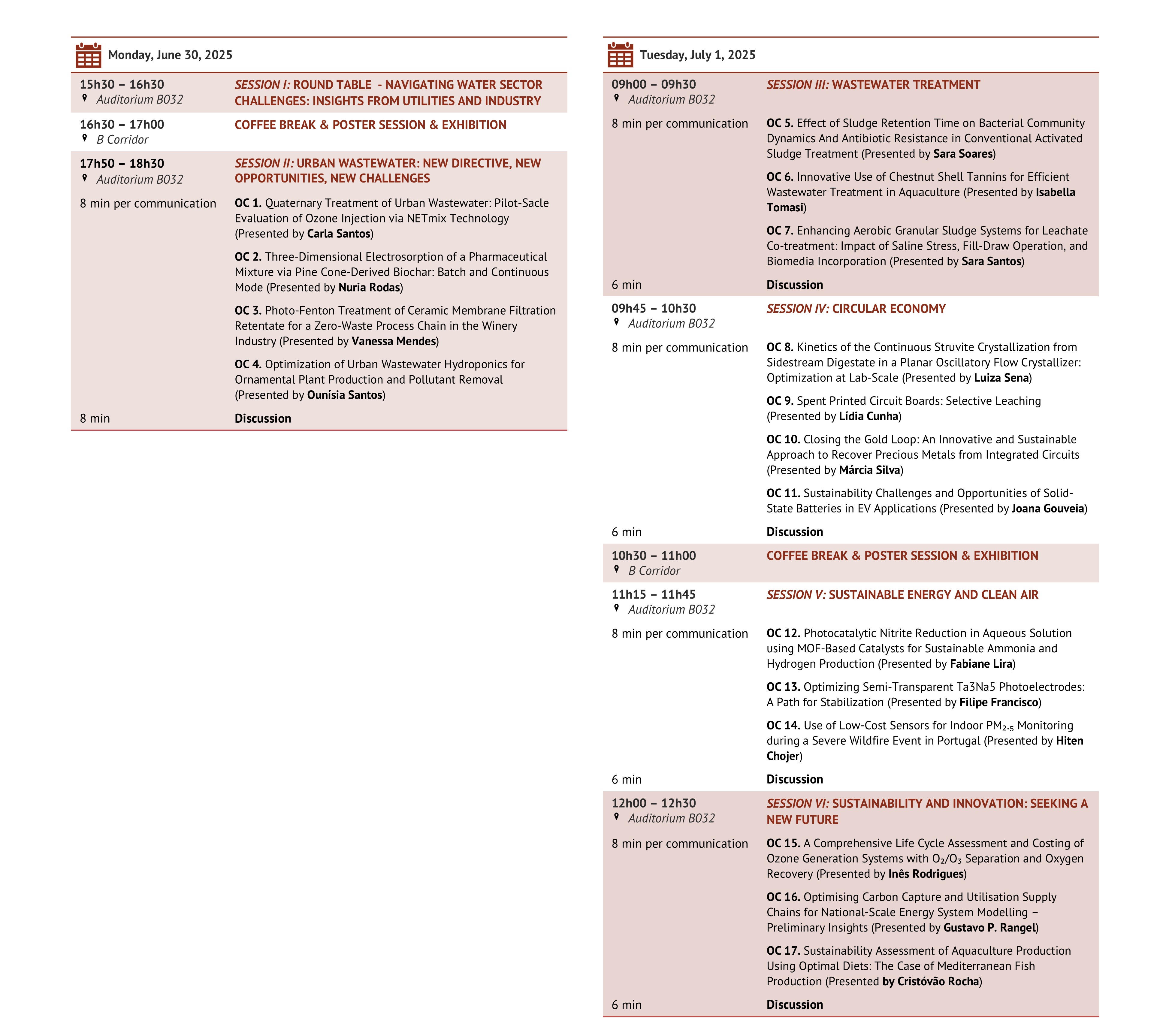
The Symposium Organizing Committee is pleased to invite everyone interested in expanding and sharing their knowledge and expertise in the field of environmental engineering to submit their work. This invitation is open to PhD and MSc students, as well as other researchers and professionals in this field.
Topics for submission include (but are not limited to):
- Water and Wastewater: New Directives, New Opportunities, New Challenges
- Waste Management: Towards New Approaches
- Clean Air and Energy: Becoming Accessible for All
- Sustainability and Innovation: Seeking a New Future
Submissions
Format: Oral or poster communications.
Please follow the abstract template (maximum 1 page) according to the Instruction for Authors available under the Registration page. The submission must be done through SCI-MEET platform. For more information, please click HERE.
Registration & Payment
Registration is mandatory for all participants through the SCI-MEET platform.
The Doctoral Program in Environmental Engineering (PDEA) will cover the registration costs for any PDEA student from FEUP.
A limited number of registration waivers will be granted to other students, researchers or professors from FEUP, depending on the number of attendees. For any questions, please email up201605702@edu.fe.up.pt (Ana Silva).
Abstracts will be included in the Book of Abstracts only if at least one author of each accepted abstract is registered and has paid the registration fee (attended the event).
Please note that at least one author per submitted abstract (oral or poster communication) must register for the Congress as soon as possible to secure participation.
Program
|| The full program will be available soon ||
Communications
Oral communication:
- Prepare a PowerPoint presentation to support your talk.
- An editable PowerPoint template will be available soon.
- Language: Presentations and slides must be in English.
Poster communication:
- The poster exhibition will be held in FEUP’s B Corridor, where posters will be displayed on the corridor windows.
- Posters should be formatted in portrait mode, size A1 (841 mm height × 594 mm width).
- Language: Posters must be in English.
- An editable poster template will be available soon.
Awards
Authors of accepted abstracts presented at the Congress will be eligible for the Best Oral and Best Poster Communication Awards.
Publications
All accepted abstracts, with at least one author registered in the Congress with a paid fee, will be included in the event’s program and the Symposium Book of Abstracts.
|| The Book of Abstracts will be available soon ||
Symposium Committees
Symposium Chairs:
- Sofia Isabel Vieira de Sousa, FEUP
- Vítor Jorge Pais Vilar, FEUP
Symposium Organizing Committee:
- Adrián Manuel Tavares da Silva, FEUP
- Cristina Maria Monteiro dos Santos, FEUP
- Joana Maia Moreira Dias, FEUP
- Maria Cristina da Costa Vila, FEUP
- Maria de Lurdes Proença de Amorim Dinis, FEUP
- Sofia Isabel Vieira de Sousa, FEUP
- Vítor Jorge Pais Vilar, FEUP
- Ana Catarina Torres da Silva, PhD Student PDEA, FEUP
- Carla de Sousa Santos, PhD Student PDEA, FEUP
- Filipe Moisés da Mota Francisco, PhD Student PDEA, FEUP
- Inês Nunes Rodrigues, PhD Student PDEA, FEUP
- Inês Magalhães Rodrigues, PhD Student PDEA, FEUP
- Juliana Pinheiro de Sá, PhD Student PDEA, FEUP
- Orleane Souza Brito, PhD Student PDEA, FEUP
- Luiza Maria Gomes de Sena, PhD Student PDEA, FEUP
- Miguel Ângelo Pereira da Costa, PhD Student PDEA, FEUP
Symposium Scientific Committee:
- Adélio Miguel Magalhães Mendes, FEUP
- Adrián Manuel Tavares da Silva, FEUP
- Alexandre Filipe Porfírio Ferreira, FEUP
- Ana Alexandra da Silva Pereira, FEUP
- Ana Isabel de Emílio Gomes, FEUP
- Ana Margarida Gorito Gonçalves, FEUP
- Ana Rita Lado Teixeira Ribeiro, FEUP
- André Tiago Torres Pinto, FEUP
- Belmira de Almeida Ferreira Neto, FEUP
- Carla Alexandra Orge Fonseca, FEUP
- Carmen Susana de Deus Rodrigues, FEUP
- Catarina da Rocha Cruzeiro, FEUP
- Cátia Alexandra Leça Graça, FEUP
- Cidália Maria de Sousa Botelho, FEUP
- Cláudia Sofia Castro Gomes da Silva, FEUP
- Cláudio da Silva Rocha, FEUP
- Cristina Maria Monteiro dos Santos, FEUP
- Helena Maria Vieira Monteiro Soares, FEUP
- Inês Bezerra Gomes, FEUP
- Joana Maia Moreira Dias, FEUP
- Joaquim Luís Faria, FEUP
- José Carlos Magalhães Pires, FEUP
- Liliana Marques Martelo, FEUP
- Lúcia Maria da Silveira Santos, FEUP
- Luís Miguel Palma Madeira, FEUP
- Manuel Fernando Ribeiro Pereira, FEUP
- Manuel José Vieira Simões, FEUP
- Margarida Maria da Silva Monteiro Bastos, FEUP
- Maria Arminda Costa Alves, FEUP
- Maria Cristina da Costa Vila, FEUP
- Maria de Lurdes Proença de Amorim Dinis, FEUP
- Maria Francisca da Costa Moreira, FEUP
- Maria José Fernandes Sampaio, FEUP
- Marta Sofia Oliveira Barbosa, FEUP
- Miguel Angel Soria, FEUP
- Nuno Miguel Ratola Neto, FEUP
- Olga Cristina Pastor Nunes, FEUP
- Olívia Salomé Gonçalves Pinto Soares, FEUP
- Paula Manuela Monteiro Pereira Costa Dias, FEUP
- Paulo Jorge Rosa Santos, FEUP
- Pedro Tiago Barbosa da Silva Branco, FEUP
- Ricardo Jorge Nogueira dos Santos, FEUP
- Sofia Isabel Vieira de Sousa, FEUP
- Tânia Filomena Castro Valente Silva, FEUP
- Tânia Sofia Teixeira Lopes, FEUP
- Vera Maria Ferreira da Cruz Homem, FEUP
- Vítor Jorge Pais Vilar, FEUP
Contact: up201605702@edu.fe.up.pt (Ana Silva)
